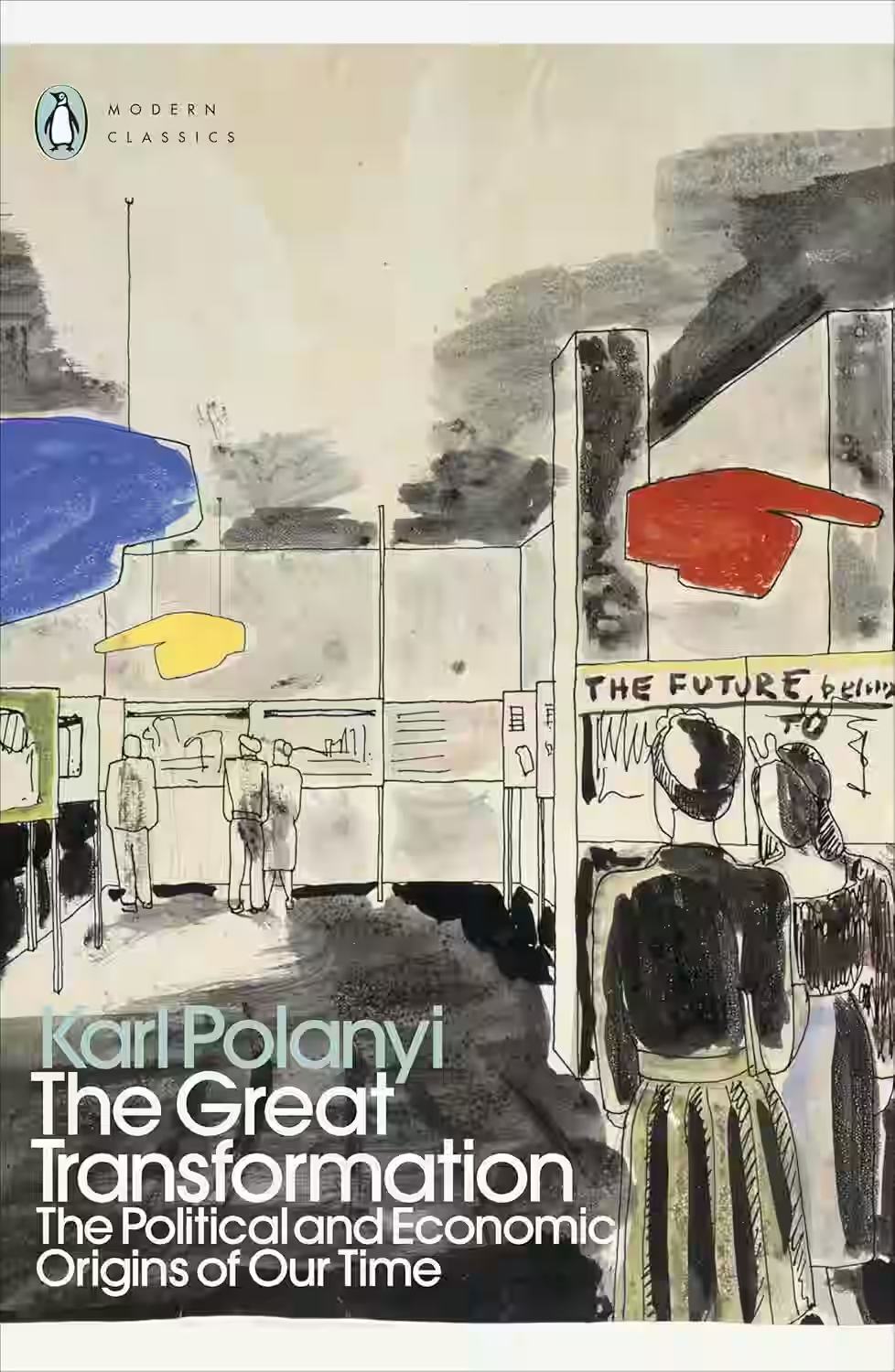Karl Polanyi
Karl Polanyi (1886-1964) was a Hungarian-Canadian economic historian and social theorist known for his groundbreaking work on economic anthropology and political economy. Born in Vienna, he fled Europe during WWII, eventually settling in Canada where he co-founded the Department of Economics at the University of Toronto. Polanyi's seminal work, 'The Great Transformation' (1944), critiqued the destructive social impact of a free-market economy, advocating for a more human-centered approach. His ideas on the embeddedness of the economy in society continue to influence debates on globalization, capitalism, and social welfare. Polanyi's interdisciplinary perspective and advocacy for a more balanced economic order have left a lasting mark on the fields of economics and sociology.

In 'The Great Transformation' by Karl Polanyi, the author dissects the roots of modern society's economic and social structures. Through a historical lens, Polanyi examines the shift from traditional to market economies, delving into the consequences of this transformation on individuals and communities. He argues that the commodification of land, labor, and money has led to widespread social dislocation and environmental degradation, presenting a thought-provoking critique of capitalism. With compelling insights and thorough research, Polanyi challenges readers to rethink prevailing economic ideologies and consider alternative models for organizing society. This seminal work remains relevant in today's discourse on economic inequality and sustainability.